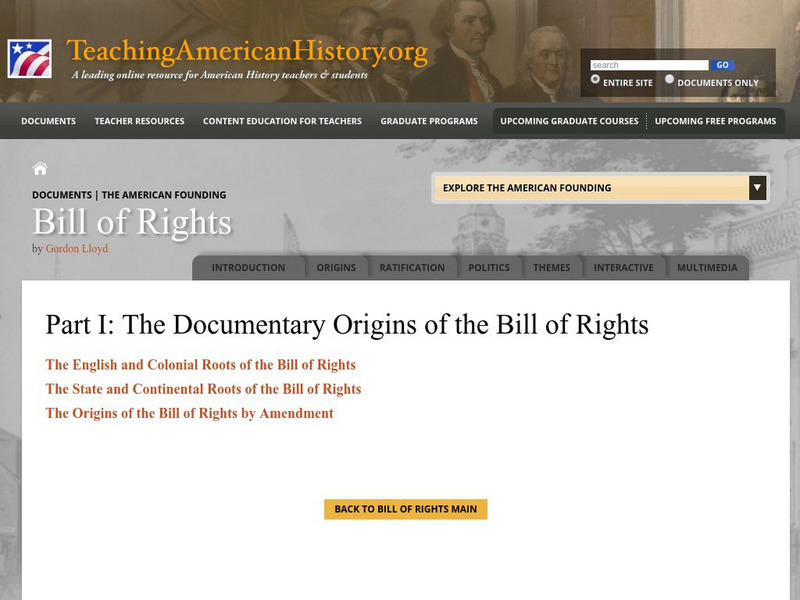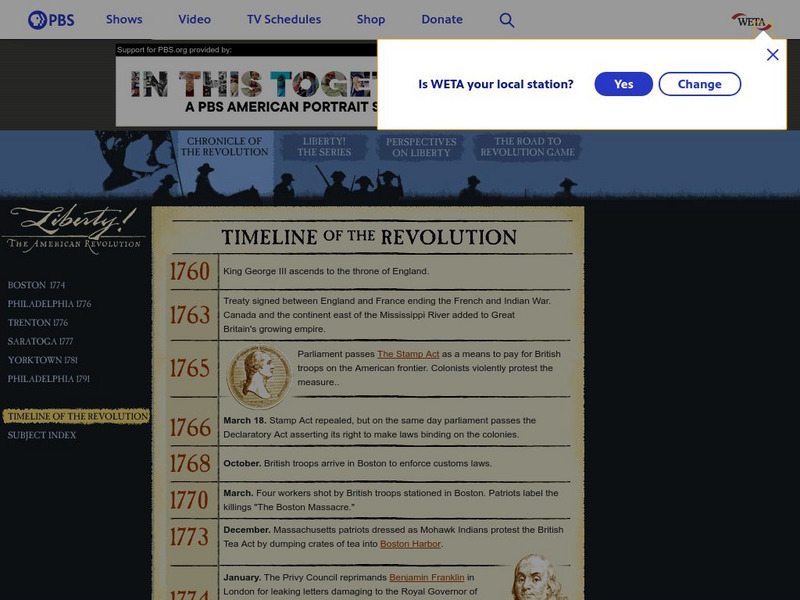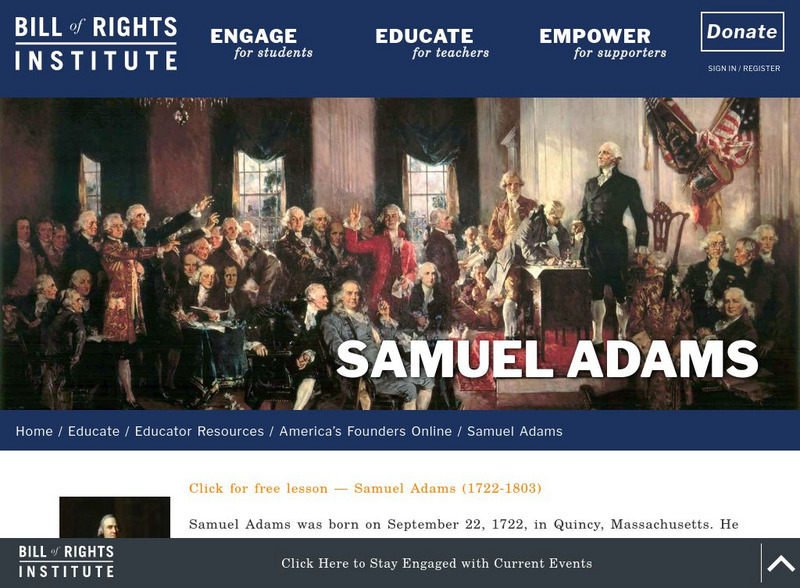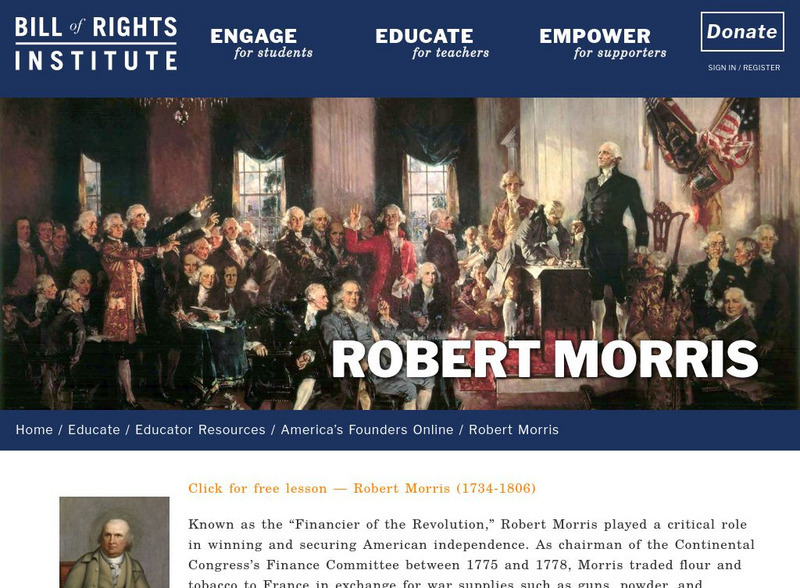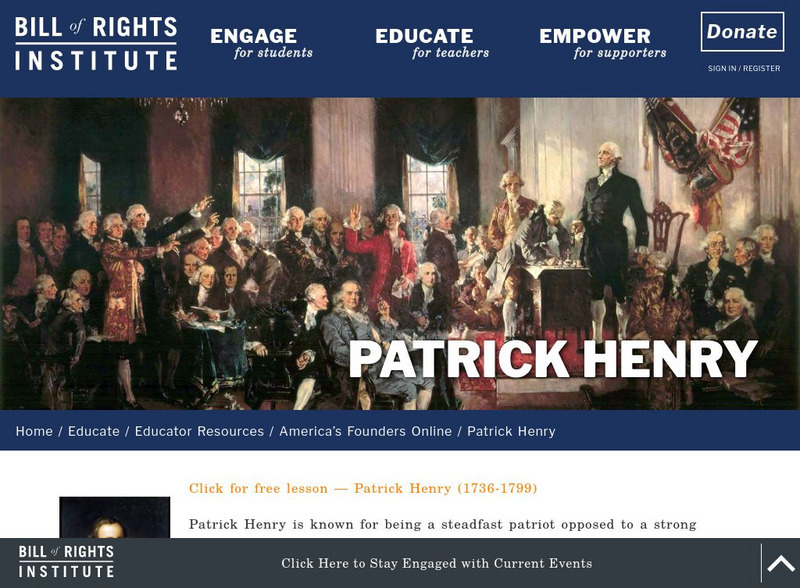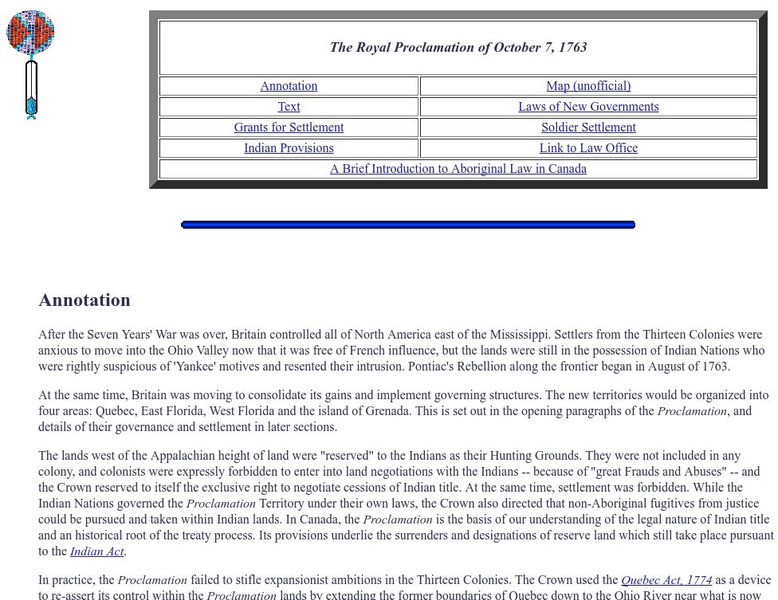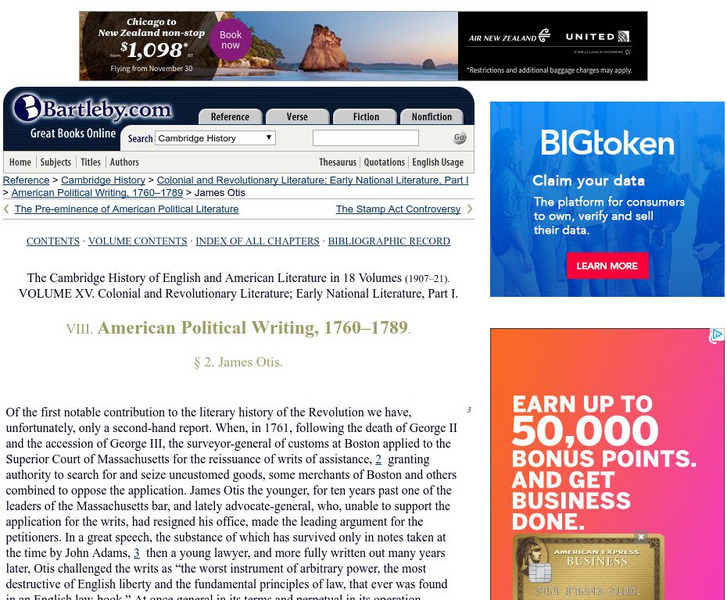Hi, what do you want to do?
Curated OER
Arrange the Words
In this adjectives worksheet, students categorize adjectives given into 3 categories and read passages that include adjectives. Students complete 5 activities.
Curated OER
Money Talks
Students move from fact finding to interpretation as they examine paper money from the time of the American Revolution. In the final exercise, they use the issue dates of the bills to construct a chronology of political changes during...
Curated OER
Personal Focus: BARNEY HAJIRO - 442nd Regimental Combat Team
Eleventh graders research Barney Hajiro, who received the Medal of Honor, for his heroic actions during World War II as a member of the 442nd Regimental Combat Team.
Curated OER
Early 19th Century: The Conservative Reaction
In this online interactive world history worksheet, students answer 20 matching questions regarding the early 19th century. Students may submit their answers to be scored.
Curated OER
The U.S. Trade Embargo on Cuba
Students examine perspectives for and against the U.S. trade embargo on Cuba, develop a position on the embargo and articulate viewpoints in a public forum.
Curated OER
Various 11--Grammar and Spelling Quiz
In this interactive sentence completion instructional activity, students complete the ten given sentences by choosing the correct answer. The topics addressed include verb agreement and spelling.
Curated OER
Breaking News English: Pregnant Briton Faces Death Penalty
In this English worksheet, students read "Pregnant Briton Faces Death Penalty," and then respond to 1 essay, 47 fill in the blank, 7 short answer, 20 matching, and 8 true or false questions about the selection.
Teaching American History
Teaching American History: The Documentary Origins of the Bill of Rights I
Explore both the British and state influences on the U.S. Bill of Rights. Understand the origins of each amendment to the Constitution.
PBS
Pbs: Timeline of the Revolution
A timeline beginning at the ascension of King George of England in 1760 and ending at the passing of the US Bill of Rights, is brief but informative. A Revolutionary War game, as well as other educational sites are available.
Bill of Rights Institute
Bill of Rights Institute: James Otis
James Otis was called the most important American of the 1760s by John Adams. A trained lawyer and master of argument, James Otis was a leader of the Patriot movement in Boston in those years. Initially a prosecutor for the British...
Bill of Rights Institute
Bill of Rights Institute: Charles Pinckney
Born near Charles Town (now Charleston), South Carolina, Charles Pinckney was the child of a wealthy family. He received a first-rate education and became an accomplished lawyer. Pinckney joined the state militia during the American...
Bill of Rights Institute
Bill of Rights Institute: Samuel Adams
Samuel Adams was born on September 22, 1722, in Quincy, Massachusetts. He entered Harvard College at the age of 14. During the 1760s, Adams became a leader of the Patriot resistance to the British government's attempt to tax the American...
Bill of Rights Institute
Bill of Rights Institute: John Dickinson
John Dickinson was called "The Penman of the American Revolution." During the 1760s and 1770s, he authored numerous important essays in defense of American rights, including The Late Regulations Respecting the British Colonies, the...
Bill of Rights Institute
Bill of Rights Institute: John Hancock
Forever famous for his outsized signature on the Declaration of Independence, John Hancock was a larger than life figure in other ways as well. Part of the great Boston triumvirate that included Samuel Adams and James Otis, Hancock was a...
Bill of Rights Institute
Bill of Rights Institute: Robert Morris
Known as the "Financier of the Revolution," Robert Morris played a critical role in winning and securing American independence. As chairman of the Continental Congress's Finance Committee between 1775 and 1778, Morris traded flour and...
Bill of Rights Institute
Bill of Rights Institute: Patrick Henry
Patrick Henry is known for being a steadfast patriot opposed to a strong centralized government. In 1765, Henry was elected to the Virginia House of Burgesses. By the 1770s, Henry had emerged as one of the most radical leaders of the...
Yale University
Yale Law School: Resolutions of the Continental Congress, 1765
Contains the primary text of the resolutions against the Stamp Act sent to King George III.
Other
The Royal Proclamation of October 7, 1763
The original text of the British Royal Proclamation, 1763 - the document that dealt with the governance of the new colonies of British North America. The author of the site has published the text of the document as well as an annotation...
CPALMS
Florida State University Cpalms: Florida Students: Colonists: What Were They Thinking?
This tutorial looks at the British political traditions that influenced the American colonists as they gained their independence from Britain and created their own form of government. A PDF file of the tutorial is available.
University of Groningen
American History: Outlines: The Frontier Fosters Self Reliance
Based on the theory that because the King had given the colonists so many freedoms, and he had problems on the home-front, the colonists' will was strengthened. This contributed to the Revolution. There are links to Virginia's First...
iCivics
I Civics: Familiar but Flawed
This lesson highlights British influences on American government. Learn how America's Founders improved upon familiar structures of British government to contain tyranny in favor of liberty.
Bartleby
Bartleby.com: American Political Writing James Otis
This site discusses the political writings of James Otis concerning the British authority to search for smuggled goods with writs of assistance. Otis argued they were the worst violation of English liberties. This site contains quotes...
Victorian Web
Brown University: Victorian Web: George Grenville (1712 1770)
Information is provided on the life and career of George Grenville, British prime minister during the reign of King George III.












